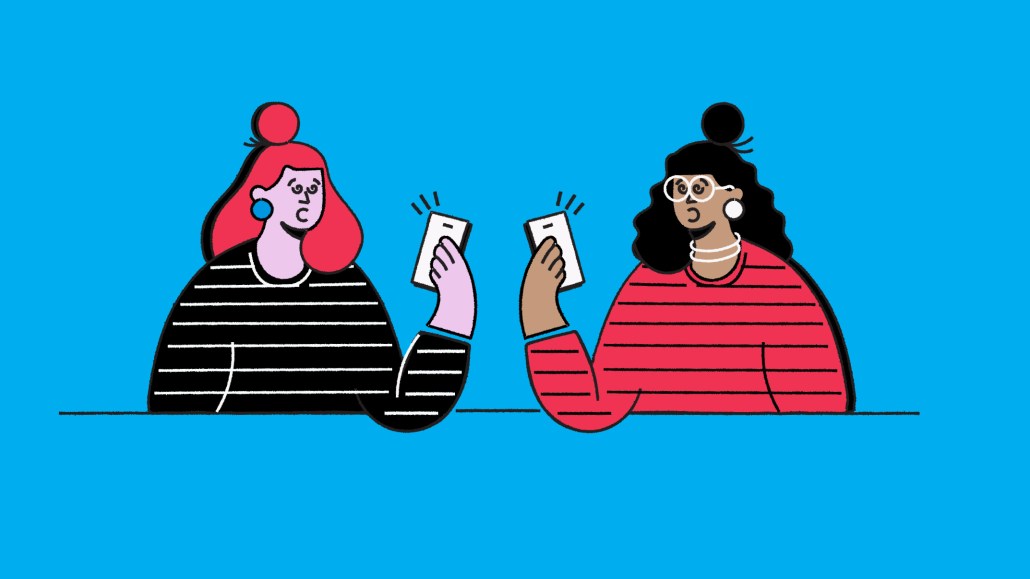Secure your place at the Digiday Media Buying Summit in Nashville, March 2-4
Horizon Media agencies ply new ground with incentive-based deals tied to compensation

Horizon Media’s performance agency, Big, which also acts as a sort of incubator for emerging brands, crafted a new fiscal approach to a campaign it’s currently executing with a direct-to-consumer air conditioning brand named Windmill.
Working in conjunction with Horizon Media sibling Blue Hour Studios, which handled creative conception and production of Windmill’s campaign, Big put together a bespoke compensation model tied to Windmill’s business performance, by which the agencies’ compensation kicks in once certain sales goals are met, and important metrics like customer acquisition cost and email list growth also reach certain levels. As Windmill hits and exceeds sales goals, the agencies’ compensation goes up as if it were an investor — although it is ultimately capped, said John Koenigsberg, general manager of Big.
“We wanted to put accountability to the business outcomes at the center of our model,” said Koenigsberg, who is the son of Horizon Media president, CEO and founder Bill Koenigsberg. “We feel rooting our compensation in business outcomes crucial to our clients’ success is less about gimmicks and more about shared culture and identifying the capabilities and incentives we can draw upon to create those outcomes.”
John Koenigsberg said the models for each of Big’s clients varies. In this case, the deal involved setting multiple KPIs around agreed-upon sales objectives and creating a sliding scale of comp for the agency. At 80 percent of the KPI reached, the agency’s fee kicks in, but is capped at 120 percent. “It gives us the opportunity to overdeliver,” said Koenigsberg, who did not provide exact figures as examples. “In the spirit of reciprocity, Windmill wants us to make money too.”
“It’s going really well at this point,” said Mike Mayer, co-founder of New York-based Windmill. Though he declined to share actual sales numbers or the details of the financial arrangement with Big and Blue Hour, he did say “we are selling fast and beating our expectations.”
Using Horizon Media’s buying clout, Big sought out effective but cost-efficient media (including unusual out-of-home media placements in New York City laundromats and bus wraps on the Hampton Jitney, as well as paid and organic social, digital video and email) while Blue Hour conceived of all the creative work. Some digital elements launched in May but the OOH only kicked in after the July 4th weekend. The campaign’s overall media spend was about $1 million, said a Horizon representative.
Mayer added that with Big and Blue Hour handling all marketing elements of the startup, he was able to focus on the customer side of launching the business. “That’s really rare for a founder to be able to do — I felt like we’ve been in good hands since inception,” he said.
More in Marketing

Future of Marketing Briefing: AI’s branding problem is why marketers keep it off the label
The reputational downside is clearer than the branding upside, which makes discretion the safer strategy.

While holdcos build ‘death stars of content,’ indie creative agencies take alternative routes
Indie agencies and the holding company sector were once bound together. The Super Bowl and WPP’s latest remodeling plans show they’re heading in different directions.

How Boll & Branch leverages AI for operational and creative tasks
Boll & Branch first and foremost uses AI to manage workflows across teams.







